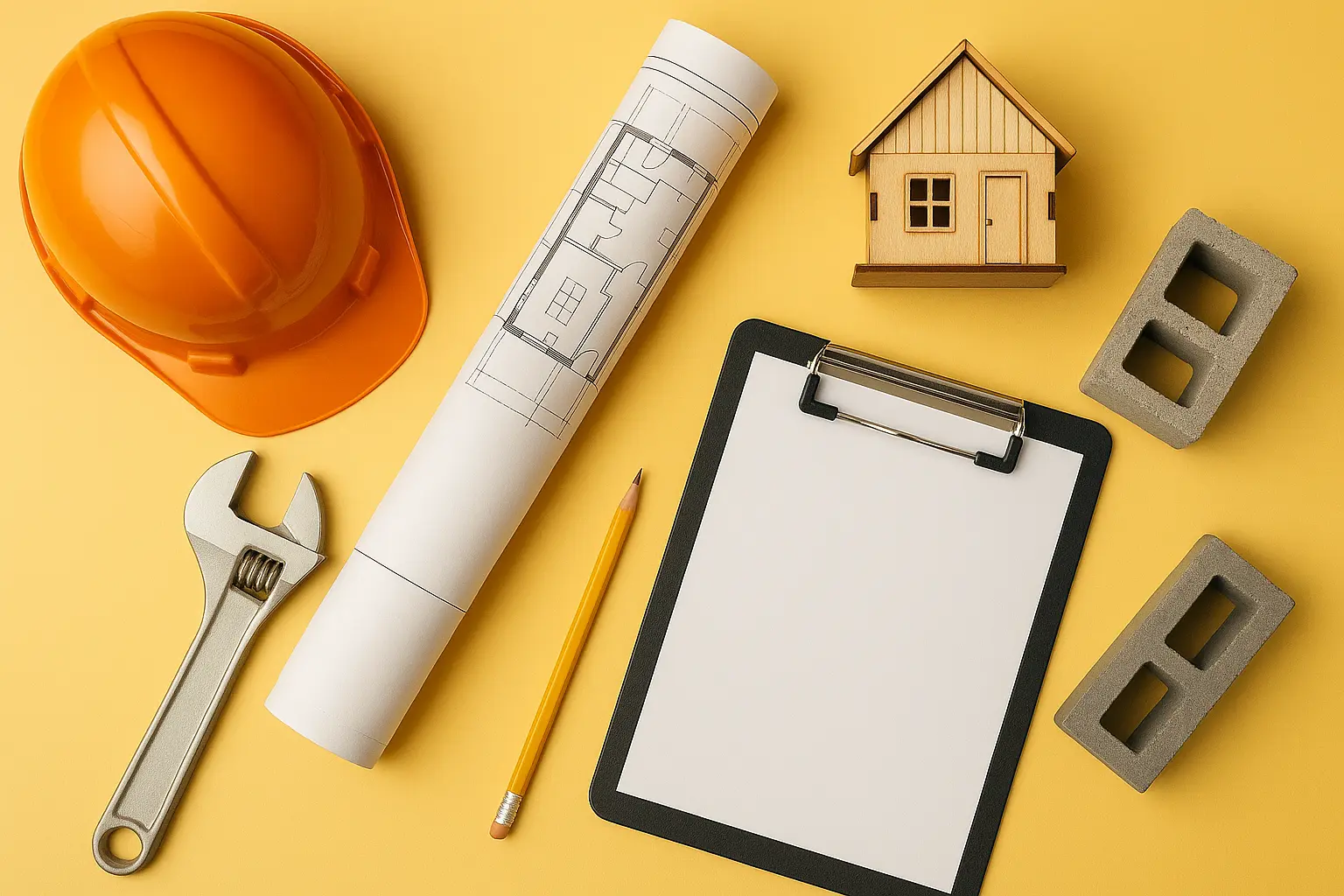Construction & Building Certifications
In today’s competitive market, construction and building certifications are more than just a piece of paper—they represent trustworthiness, compliance, and quality assurance. These certifications ensure that buildings meet the highest standards in terms of safety, durability, energy efficiency, and environmental impact.
Construction projects must adhere to stringent regulations set by local authorities, national codes, and international standards such as ISO 15026-2 for fire resistance testing, ASTM C977 for concrete compressive strength, and EN 383-4 for flame spread. These certifications not only protect the safety of occupants but also contribute to sustainable development goals.
The process begins with selecting appropriate materials that meet specific performance criteria. For instance, structural steel must comply with EN 10025 or ASTM A6/A6M, while glass used in windows should adhere to ISO 9084-3 for optical properties. Proper testing and certification are essential to ensure that these materials perform as expected under various conditions.
Testing methods vary depending on the type of construction project. For instance, mechanical tests might involve tensile strength evaluations using universal testing machines (UTMs). Similarly, non-destructive testing (NDT) techniques like ultrasonic testing or radiography can be employed to inspect internal defects without damaging the structure.
Once the materials have passed all necessary inspections, they are ready for use in construction. However, continuous monitoring during the building process is crucial to maintain quality standards throughout each phase of development—from foundation laying through final finishing touches.
At our laboratory, we employ state-of-the-art facilities equipped with advanced instrumentation capable of performing comprehensive tests according to relevant international standards. Our experienced technicians ensure accurate results that can be relied upon by stakeholders involved in any stage of the construction industry.
Why It Matters
The importance of construction and building certifications cannot be overstated. Compliance with these standards helps safeguard public health, ensures long-term structural integrity, promotes energy efficiency, reduces waste generation during demolition or renovation processes, and fosters innovation within the industry.
For instance, LEED certification (Leadership in Energy & Environmental Design) encourages environmentally responsible design practices by offering credits for sustainable features like green roofs, water-efficient fixtures, and renewable energy sources. Similarly, BREEAM (Building Research Establishment Environmental Assessment Method) assesses non-domestic buildings based on their impact on people, place, process, and performance.
These certifications also play a vital role in enhancing marketability for developers who can leverage them to attract eco-conscious clients seeking green credentials. Moreover, obtaining such recognitions often leads to increased project value due to reduced insurance premiums and enhanced reputation among investors and partners.
Why Choose This Test
Selecting the right testing method is critical for ensuring accurate results that accurately reflect material properties. Our laboratory offers a wide range of services tailored to meet your specific needs whether you're dealing with concrete, masonry, timber, or composite materials.
- Concrete Testing: We use slump tests and compressive strength determinations to evaluate fresh and hardened concrete respectively. Our equipment includes digital pressure machines capable of applying up to 100 kN force.
- Masonry Inspection: Using laser scanners, we can assess wall alignment and thickness while also checking for cracks or other anomalies through visual inspections combined with ultrasonic testing.
- Timber Evaluation: Our sawn timber test rigs allow us to perform moisture content analysis as well as mechanical property tests such as modulus of elasticity measurement using universal testing machines.
International Acceptance and Recognition
The international recognition of our laboratory ensures that the results we provide are accepted worldwide. Our accreditation is based on ISO/IEC 17025, which guarantees impartiality, competence, and traceability in our testing processes.
- ISO/IEC 17025: This standard sets requirements for the technical capabilities and management systems of bodies operating testing and calibration laboratories. Compliance ensures high-quality laboratory practices.
- ASTM International: Our tests comply with ASTM standards used globally across various industries, including construction materials.
- EN Standards: We adhere to European Norms (EN) applicable within the EU member states and other countries that recognize these norms for building products and systems.





